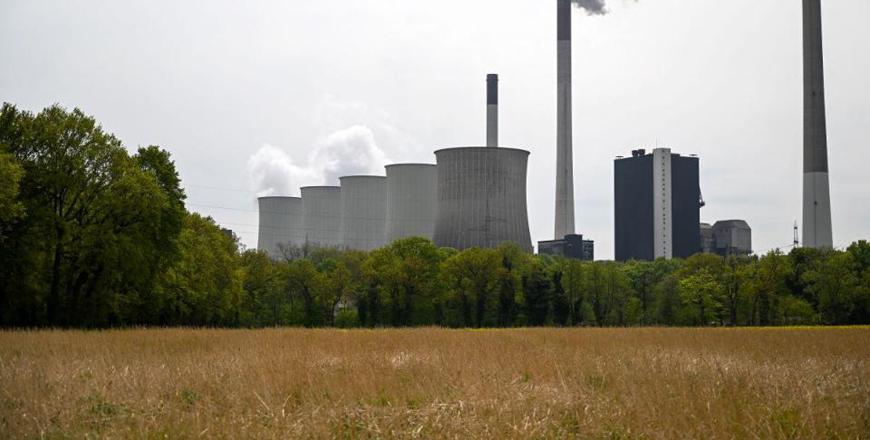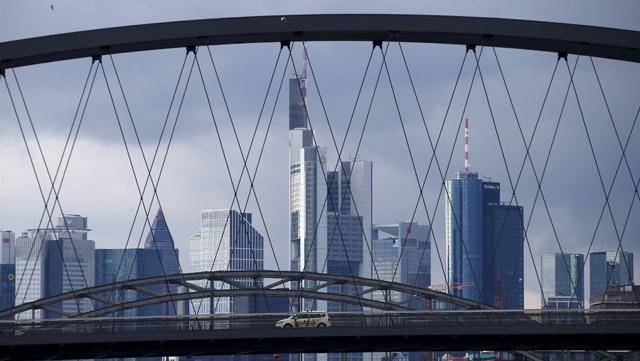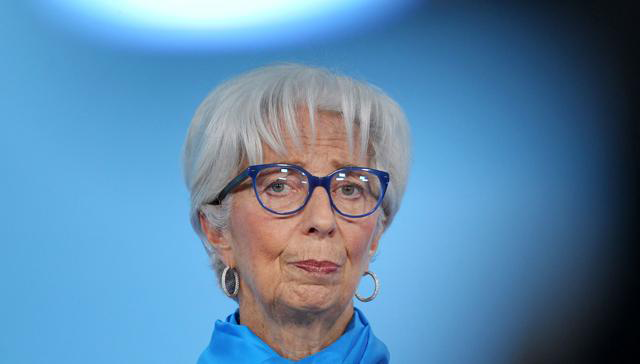You are here
Inflation in Germany, Spain climbs again in May
By AFP - May 30,2022 - Last updated at May 30,2022

In Germany, the annual inflation rate quickened to 7.9 per cent to reach the highest level since reunification in 1990 (AFP file photo)
FRANKFURT — Germany and Spain on Monday reported another jump in inflation in May as the war in Ukraine continued to push up food and energy prices, heaping pressure on the European Central Bank to speed up interest rate rises.
In Europe's top economy Germany, the annual inflation rate quickened to 7.9 per cent to reach the highest level since reunification in 1990, according to preliminary data from federal statistics agency Destatis.
The last time inflation accelerated at a comparable pace was in West Germany in January 1952.
Spain's inflation rate hit 8.7 per cent year-on-year in May, after slightly cooling to 8.3 per cent in April, according to the INE National Statistics Institute.
As in other countries, the increase was driven by soaring costs for energy and commodities despite efforts from the Spanish government to ease the burden on households.
In Germany, Destatis said energy prices rose more than 38 per cent in May, while food prices were up 11 per cent.
"Energy prices, in particular, have increased considerably since the war started in Ukraine and have had a considerable impact on the high inflation rate," Destatis said.
"Another factor with an upward effect on prices is interruptions in supply chains caused by the COVID-19 pandemic," it added.
Analysts surveyed by FactSet had expected a lower inflation rate of 7.7 per cent for Germany.
July rate hike
Monday's figures suggest the 19-nation currency club has yet to reach peak inflation, with many European nations highly reliant on Russian gas and oil imports. Heavy Western sanctions against Russia have also added further upheaval to already strained global supply chains.
The latest eurozone inflation data will be released on Tuesday.
In April, eurozone inflation soared to an all-time high of 7.5 per cent — well beyond the European Central Bank (ECB) two-per cent goal.
The ECB has signalled it plans to hike interest rates in July for the first time in over a decade in a bid to tame inflation, following similar recent moves by other major central banks.
ECB chief Christine Lagarde has said that the bank aims to end negative interest rates by September.
The ECB currently has a bank deposit rate of minus 0.5 per cent, meaning lenders pay to park their excess cash at the central bank.
"The ECB has clearly passed the stage of discussing whether and even when policy rates should be increased," said ING bank economist Carsten Brzeski.
"The only discussion seems to be on whether the ECB should start with a 25 basis point rate hike in July or 50 basis points."
Related Articles
FRANKFURT am MAIN — Inflation in Europe's largest economy Germany fell back sharply in March, preliminary official data showed on Thursday,
BRUSSELS — Eurozone inflation remained unchanged in August, official data showed on Thursday, leaving the European Central Bank (ECB) faced
DAVOS — The eurozone economy will fare "a lot better" this year than initially feared, European Central Bank (ECB) chief Christine Lagarde s













